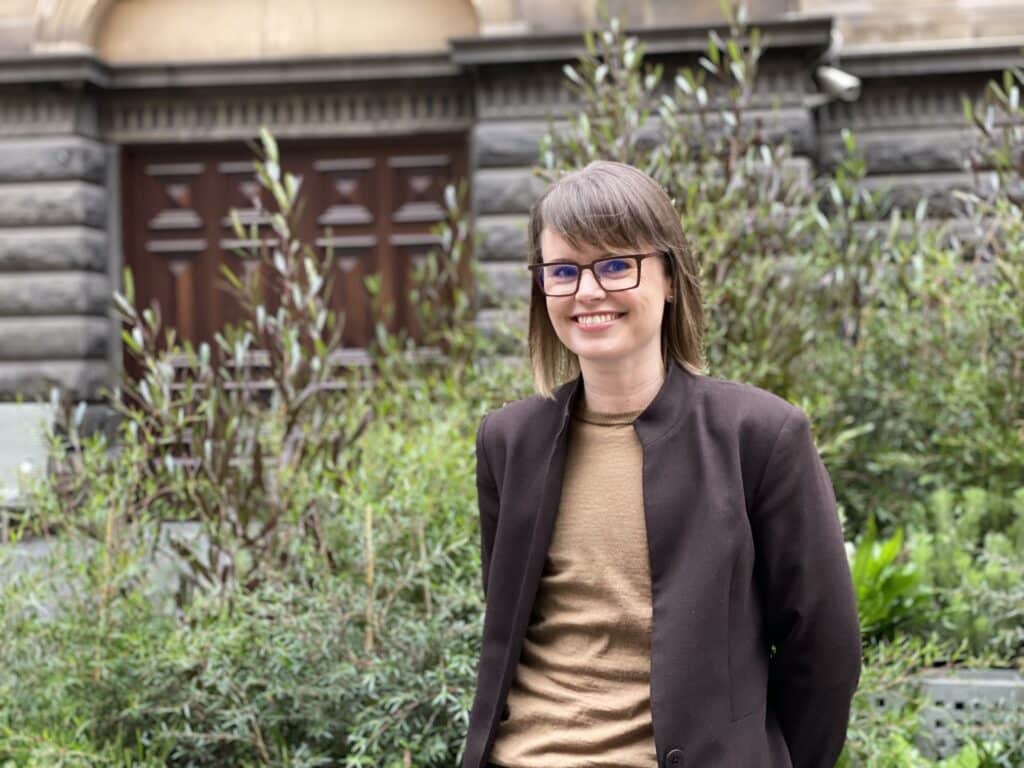Today marks an important milestone for Australia as offences related to abortion access are officially removed from Western Australia’s criminal code.
WA was the last state to still include abortion care access in its criminal code, with reform coming via the passage of the state’s Abortion Legislation Reform Bill 2024.
The changes mean that as of today, patients in Australia can no longer be criminalised for abortion care access.
It’s a milestone that has been hard fought for across all parts of the country, with pro-choice advocates including the Australian Women’s Health Alliance and Fair Agenda celebrating the fact that today marks the first day since Federation that a patient needing access to abortion will be recognised as accessing the healthcare they need.
Decriminalising abortion doesn’t solve all access issues, but it does send a powerful message to the community that abortion care should be treated like any other form of healthcare.
And as Bonney Corbin, Chair of the Australian Women’s Health Alliance says, the milestone comes as Australia has more women in parliament than ever before, and record numbers of women serving as health ministers and in key health leadership positions.
It’s difficult to miss the link between having women in positions and developments across women’s health and reproductive health.
In Western Australia, the reform comes just as Amber-Jade Sanderson is serving as the state’s Health Minister.
Queensland parliament passed laws last week allowing nurses to provide pregnancy termination medication, with Health Minister Shannon Fentiman leading the push. Queensland follows WA in passing these laws.
NSW passed a bill decriminalising abortion back in 2019, following many attempts and more than 70 hours of debate across both houses. Victoria decriminalised abortion more than a decade earlier in 2008, and Tasmania followed in 2013. WA became the last remaining state to still criminalise abortions after South Australia’s reformed laws came into effect in 2022.
The ACT decriminalised abortion back in 2002. Rachel Stephen-Smith is the ACT’s current minister for health and recently led a push to see the territory becoming the first jurisdiction in Australia to make abortions free to residents.
Selena Uibo is the current Minister for Health in the Northern Territory and was part of a legislative chamber that was more than 50 per cent female in 2017, when the NT’s parliament passed a bill decriminalising abortion and removed the requirement for parental approval.
Separately, Victorian Premier Jacinta Allan recently announced an Australia-first inquiry into women’s pain. Federally, Ged Kearney has declared “tackling medical misogyny” as a key mission, establishing the National Women’s Health Council last year.
But while decriminalising abortion does send a powerful message, it’s important to remember that significant difference remain in abortion access, described as a “postcode lottery” in Australia.
As Renee Carr, Executive Director of Fair Agenda said on today’s milestone: “It’s hard to believe that we’re celebrating the official nationwide decriminalisation of abortion care access for patients in 2024,” she said.
“But unfortunately, we can never take our reproductive rights for granted. This milestone has only been possible as the result of decades of advocacy by women, healthcare professionals, community members and advocates around the country, who have bravely and relentlessly spoken out on this issue.”
Reproductive rights have been threatened and, in some cases, taken away in other countries, including in the United States, following the overturning of Roe V Wade.
While Australia is one step closer to a future where anyone who needs abortion care will be able to access it when and wherever they need it, Carr adds the legal barriers are just one issue in the way of access, with
Carr said that while today marks an important step in a future where anyone who needs abortion can access it when and where they need it, the legal barriers are still just part of the problem with major service access barriers still standing in the way.
“Too many patients can’t rely on their public hospital for care; can’t easily find a healthcare service they can turn to in their area; or have to find $500 on short notice in order to cover the out-of-pocket costs,” she said.
Bonney Corbin says governments should now be supporting and training health practitioners who want to provide abortion care, including the highly skilled and untapped potential of nurses, midwives and Aboriginal and Torres Strait Islander health workers.
“It is unrealistic to think that our current health system can address Australia’s reproductive healthcare needs. Health products and health tech are evolving faster than our workforce We need further legislative and regulatory reforms that enable nurse, midwifery and Aboriginal and Torres Strait Islander health worker leadership models,” Corbin said.
Pictured above: Bonney Corbin, Chair of the Australian Women’s Health Alliance.


